Emerging from a specialized video-sharing platform to becoming a worldwide cultural sensation, TikTok’s journey stands out as a remarkable narrative in today’s technology landscape. Since its inception in 2017 by the Chinese tech giant ByteDance, TikTok has actively positioned itself as a vibrant space for creativity while prioritizing user protection, extending its influence well beyond Nigeria.
During a Lagos roundtable hosted in collaboration with the Centre for Analytics and Behavioural Change (CABC), Tokunboh Ibrahim, TikTok’s Head of Government Relations and Public Policy for West Africa, highlighted the company’s dedication to fostering a secure online environment.
She pointed out the complex duality of technology, which simultaneously opens doors to innovation and exposes users-especially women and marginalized communities-to potential harm.
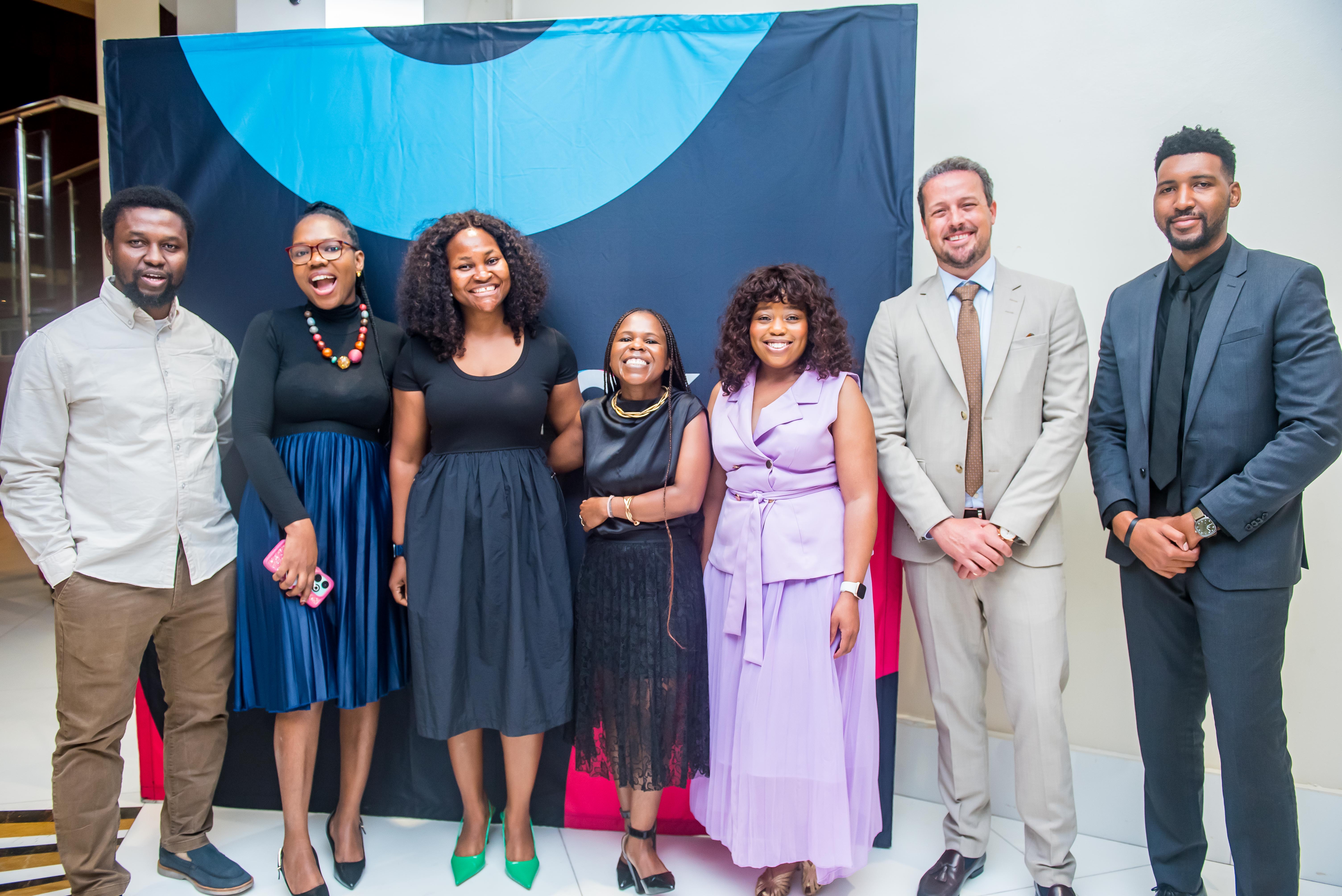
“Creativity flourishes when individuals feel secure, valued, and empowered to share their voices,” Tokunboh remarked. “Yet, we are acutely aware that alongside the vast opportunities technology offers, it has also paved the way for new forms of abuse, disproportionately affecting women and vulnerable groups.”
She elaborated on how the surge in digital connectivity has transformed social interactions but also intensified troubling behaviors such as harassment, unauthorized sharing of intimate content, doxing, stalking, and the suppression of women’s voices online.
These digital assaults carry tangible repercussions, threatening personal safety, mental health, and civic engagement. In response, TikTok is steadfastly investing in advanced safety tools, robust policies, and strategic collaborations.
“Our approach involves partnering closely with NGOs, policymakers, and advocates against gender-based violence to gain nuanced insights and co-develop impactful solutions tailored to local realities,” she added.
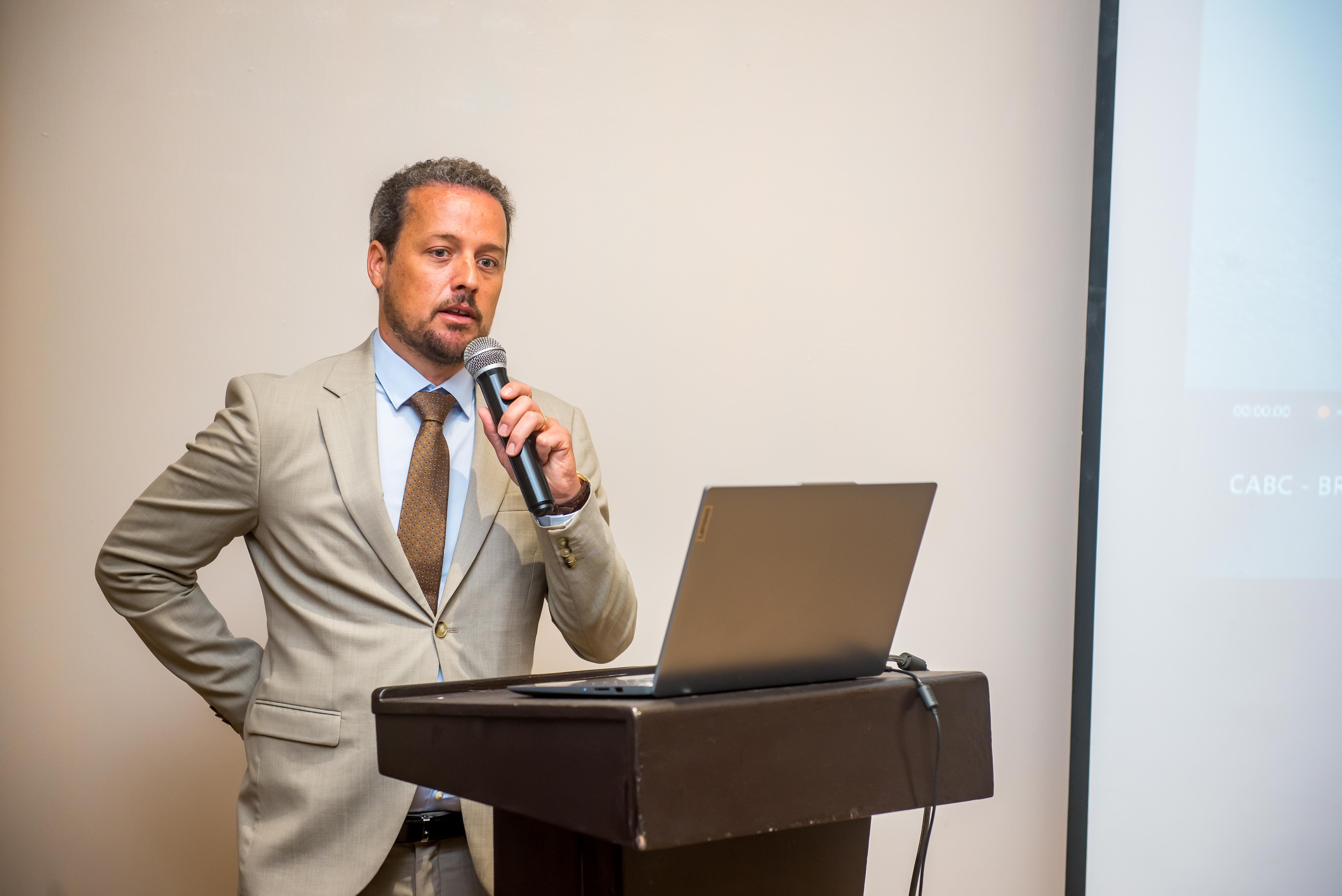
Read also: TikTok and CABC join forces to combat online gender-based violence in Nigeria
Understanding the Harmful Digital Environment
The swift growth of social media across Africa has unlocked tremendous opportunities but also introduced significant risks. While these platforms serve as vital channels for expression and connection, they have unfortunately become conduits for harmful behaviors such as technology-facilitated gender-based violence (TFGBV) and online hate speech.
Women and marginalized groups frequently bear the brunt of these abuses, facing threats like harassment, doxing, and the non-consensual distribution of private images. The fallout from such online violence extends beyond the virtual realm, impacting mental well-being, physical safety, and the ability to engage fully in society.
Kim Thipe, Executive Director at CABC, represented by Jessie Cann, Head of Research, emphasized that tackling TFGBV requires more than policy enforcement-it demands empathetic listening, evidence-based research, and cross-sector collaboration.
“Our workshops merge the lived realities of women in media with data-driven strategies to co-create safer digital spaces. We are proud to collaborate with TikTok on this vital initiative that centers community experiences and local nuances in the fight for online safety,” Kim Thipe stated.
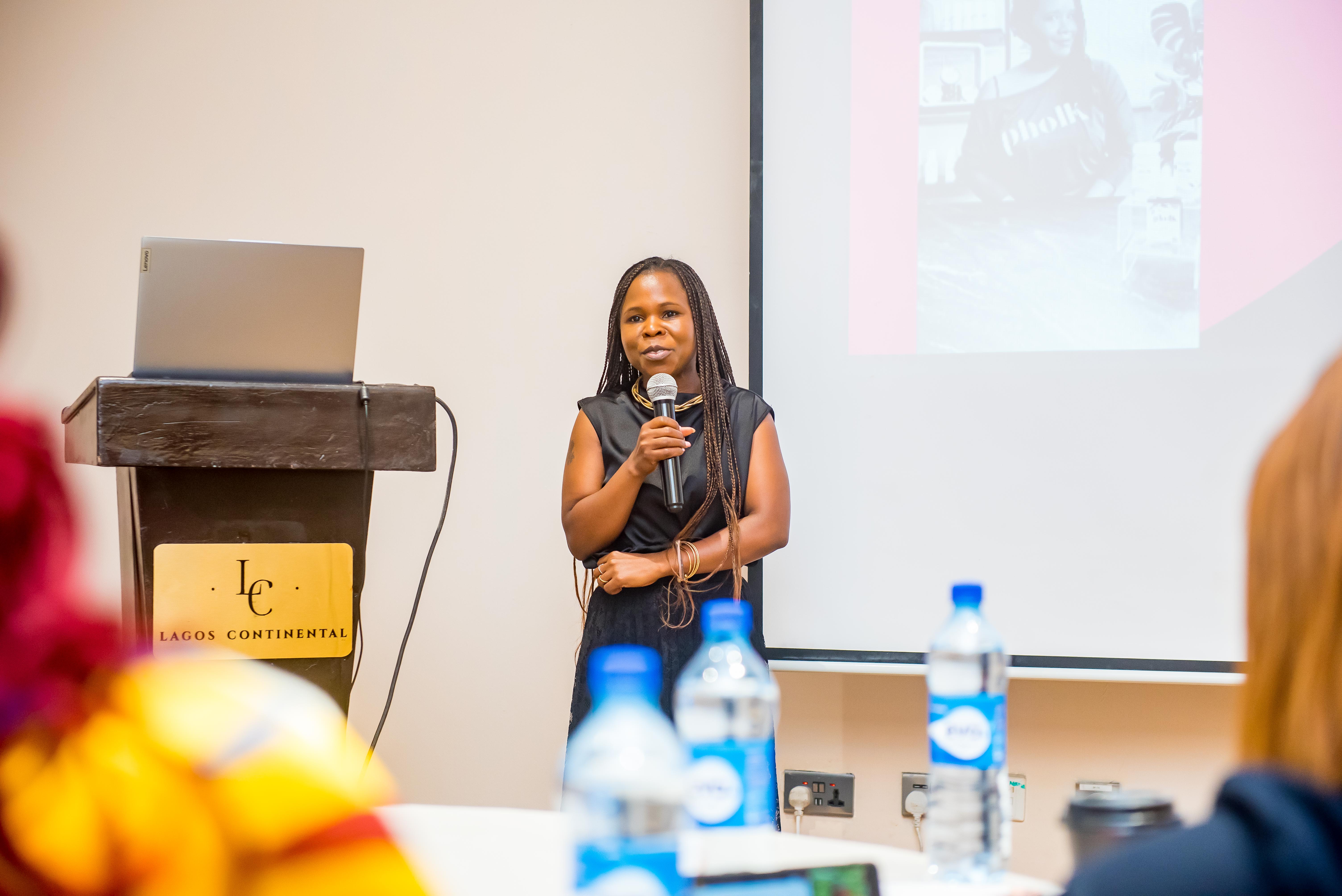
TikTok’s Initiatives to Enhance Safety Across Africa
At the event, Duduzile Mkhize, TikTok’s Outreach & Partnerships Manager for Sub-Saharan Africa, shared insights into the platform’s proactive measures to safeguard women and the wider community online.
She underscored TikTok’s mission to cultivate a joyful and secure digital space, emphasizing that this goal is achieved through ongoing dialogue and partnership.
“To genuinely serve our diverse user base, we must immerse ourselves in their realities. Understanding what fosters a sense of safety empowers users to enjoy their experience fully,” Mkhize explained.
She highlighted TikTok’s detailed Community Guidelines, which establish clear standards for conduct and address critical concerns such as hate speech, mental health, and protecting younger users.
Mkhize also discussed the delicate equilibrium between upholding freedom of expression and ensuring user protection, noting TikTok’s dedication to promoting respectful interactions, honoring cultural contexts, and safeguarding privacy.
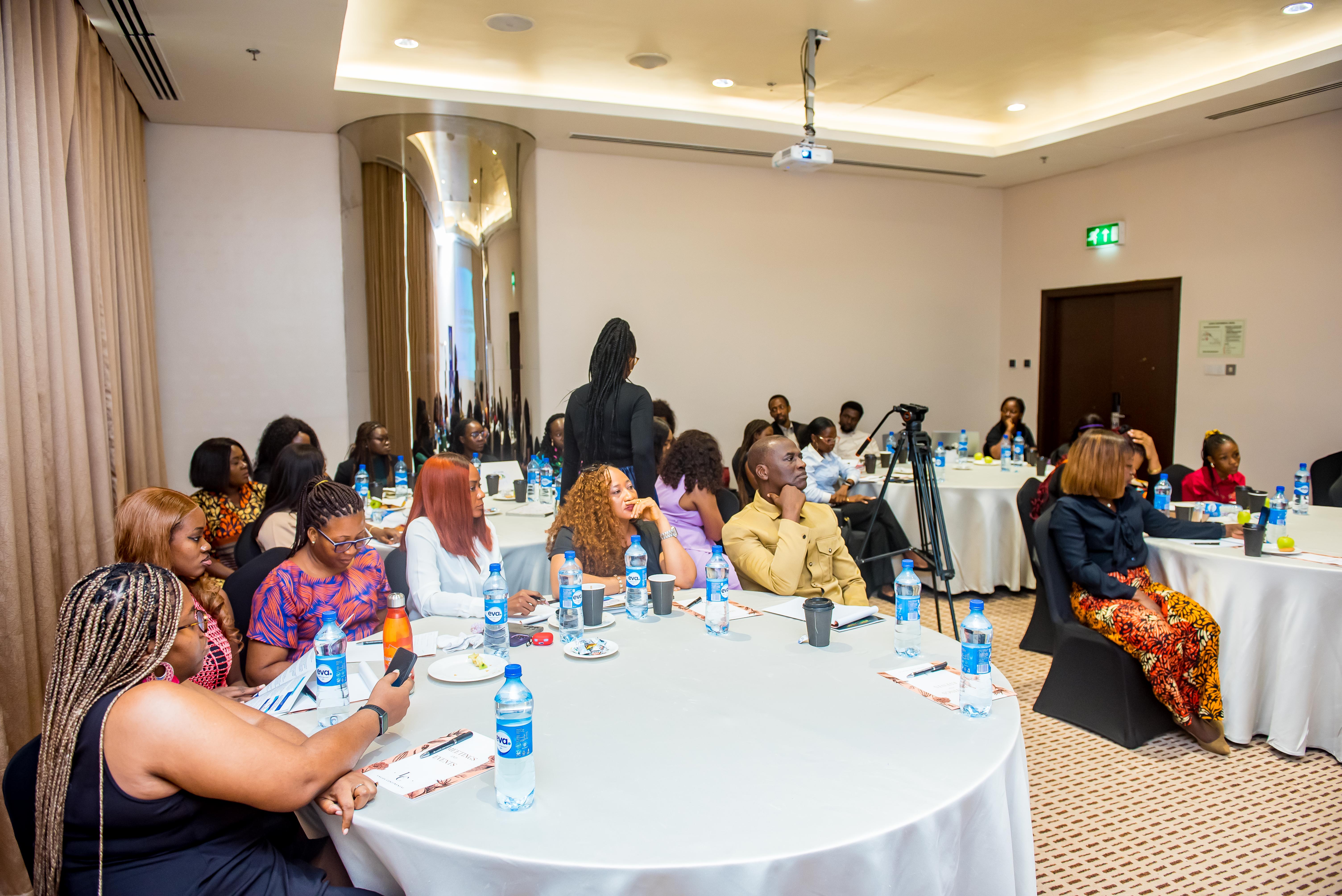
“Regardless of nationality, gender, age, or faith, every individual deserves respect and dignity. We foster inclusivity by encouraging civility and adapting to local cultures, ensuring everyone feels safe to express their identity. With the vast array of languages and countries we serve, our commitment is to make all users feel welcomed and protected. Additionally, we prioritize user privacy, safeguarding personal data throughout their TikTok journey,” she affirmed.
By openly sharing these policies and inviting constructive feedback, Mkhize aimed to strengthen trust and continuously refine TikTok’s safety framework.


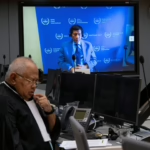




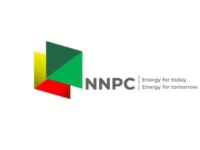



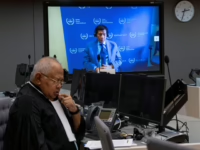
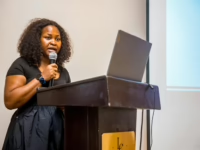





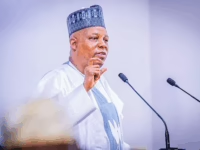
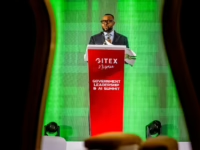


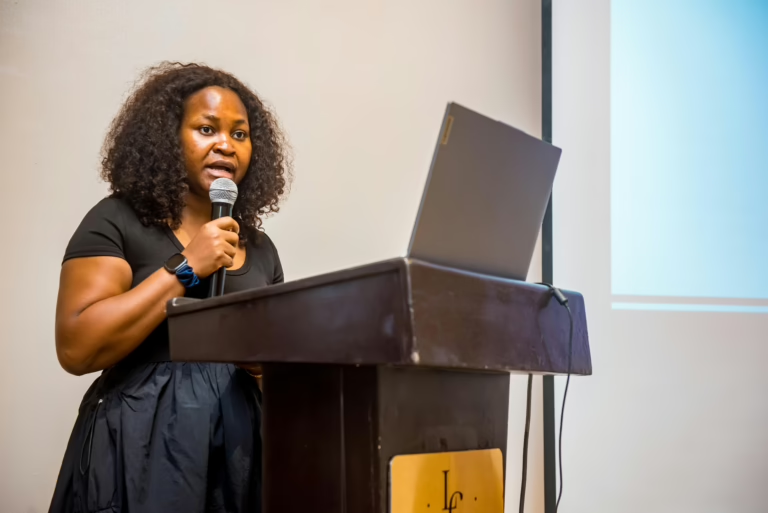


0 Comments